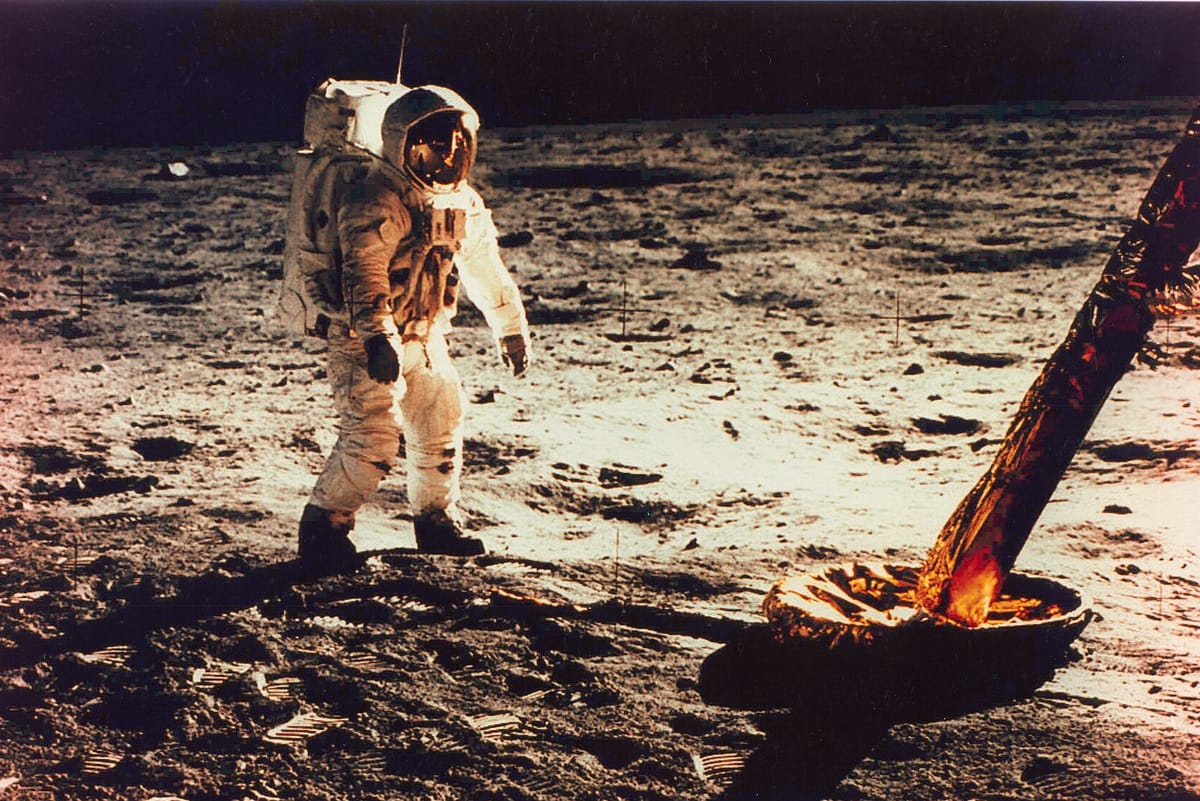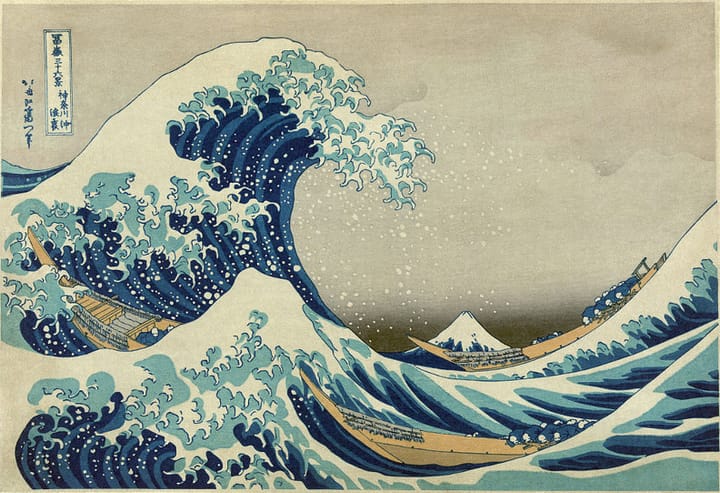The Moon landing at 56: What does it still mean to us?
Has it indeed proven to be a "giant leap for mankind," as Neil Armstrong said?

Fifty-six years ago today, on July 20, 1969, astronaut Neil Armstrong became the first human being to set foot on the surface of the Moon. In 2019, around the 50th anniversary of the event, there was a flurry of commemoration and interest in the Apollo 11 mission, with new documentaries made about it as well as dramatic re-creations, like the film First Man. Most of us know something of the story of the first human-crewed mission to reach the Moon and most of us have heard many times and internalized the major interpretations of what it means: “one giant leap for mankind,” the greatest technical achievement in human history, our species’s first significant step into space, that sort of thing. Now that we’re on the 56th anniversary—not an easy round-number date that’s likely to be heavily commemorated—the mini-bubble of Moon landing enthusiasm from six years ago has mostly faded. Does this event, which made such an impression on people when it happened as well as the generations since, still have meaning to us, now entering the second quarter of the 21st century? Should it? Thinking about it today, that question seems curiously difficult to answer.
It seems to me that where the Moon landing falls in history in relation to your own life has a lot to do with what its meaning to you is. Someone who was middle-aged or elderly when it happened in 1969 was likely to be awed by the technological achievement of it, and many people involved in the Apollo program in the 1960s emphasized its patriotic or nationalistic aspects, as in, “We [Americans] beat the Russians to the Moon!” At the time, futurists, scientists and writers like Isaac Asimov and Ray Bradbury often interpreted the Moon landing in a broader context that stressed the collective future of humanity—the word “mankind” appeared a lot in these sorts of statements. I was born in 1972, a few years later; the very last Apollo mission, Apollo 17, occurred during my lifetime, just barely. I certainly remember growing up in the 1980s in the shadow of the Moon landing as “mankind’s greatest achievement,” and when the future-of-humanity rhetoric, kept alive in pop culture by things like Star Trek, assumed as an axiom that Apollo 11 was the first step in an inexorable progression of space exploration achievements that would take people to Mars, then the planets, then the nearest stars and out into interstellar space. Undoubtedly a lot of people still believe this. But there also seems to be a bit of quaintness and naïvete in that view too.


